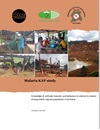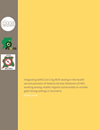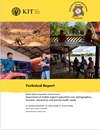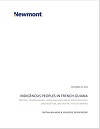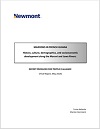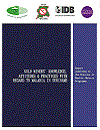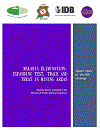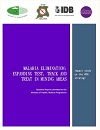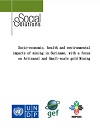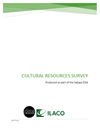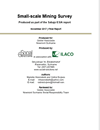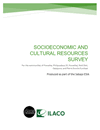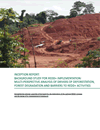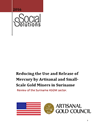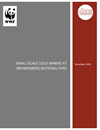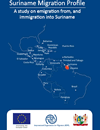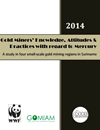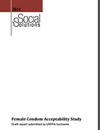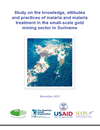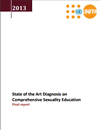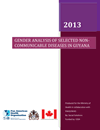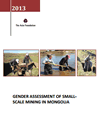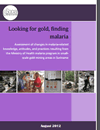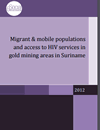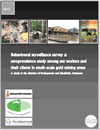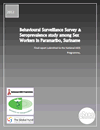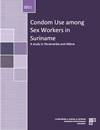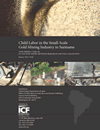Gender analysis of NCDs in Guyana. PAHO, WHO Guiana - 2013
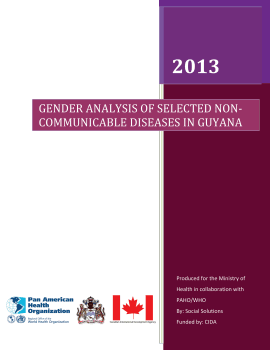
SUMMARY:
This gender analysis served to improve understanding of the ways in which gender and gender inequality, mediated by other socioeconomic factors, affect vulnerability to NCD morbidity and mortality in Guyana. The researchers studied secondary data, consulted Guyanese experts in the fields of NCDs and/or gender, organized workshops with identified partners, with the dual aim of building sustainable capacity and conducting gender analysis of the 4 main NCDs and their risk factors and conduct a gender assessment of the Strategic Plan 2013-2020: Integrated Prevention and Control of Non-Communicable Diseases in Guyana.
The report reveals substantial gender differences between women and men in terms of their risks of developing NCDs and their exposure to the various NCD risk factors. The data also showed that these differences were typically not straightforward but complex, and mediated by location, ethnicity, wealth, age and other variables. We combined existing statistical and qualitative data with expert opinions and anecdotal information to tease out the links between NCDs and their risk factors on the one hand, and socioeconomic, demographic and cultural factors on the other hand.


